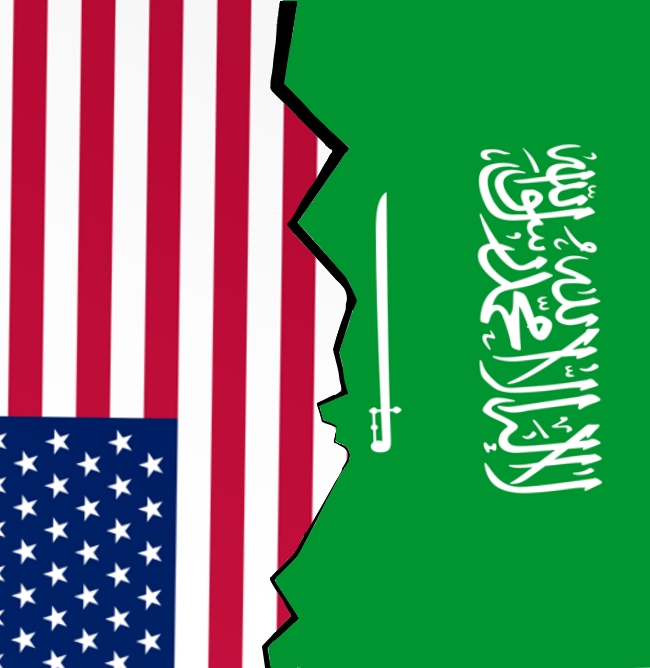The West at a Crossroad in Response to Saudi Journalist’s Disappearance
Oct 30, 2018
Saudi Arabian journalist Jamal Khashoggi, who wrote critically of the Saudi kingdom and the royal family, went missing after entering the Saudi consulate in Istanbul to obtain paperwork he needed to marry his fiance. The Saudi government is under intense international pressure as Turkish officials said that Khashoggi was killed in the consulate. By the time Turkish investigators gained access to the consulate on Monday, a fresh coat of paint had been applied everywhere inside the building; it is possible that toxic materials were attempted to be removed by painting over them. The evidence presented leads many to believe that the Saudi consulate is guilty for Khashoggi’s death and the West should definitely make Saudi Arabia face consequences while simultaneously remaining in their good graces.
According to a Turkish official, Khashoggi was tortured then dismembered while still alive and then had his body chopped into pieces after he was killed. However, officials would not comment on the disposal of the body. In response, Donald Trump originally threatened U.S. ally Saudi Arabia with severe punishment if they had killed Khashoggi. The French, German and UK foreign secretaries also responded with a joint statement calling on the Saudi government to give a detailed account of Khashoggi’s disappearance and made it clear that those responsible will be held accountable. The Saudi government responded harshly by dismissing any threats and vowed to retaliate against any action by “responding with greater action”. It also pointed out that the oil-rich kingdom plays an effective and vital role in the world economy.
It is important to take into consideration the difficult position that the United States in particular is put in as they risk the wrath of Saudi Arabia if they find the Saudi consulate guilty for the murder of Khashoggi. Saudi Arabia being found guilty will also most likely result in sanctions imposed on Saudi Arabia and thus creating a diplomatic rift between Saudi Arabia and the West. Essentially, the U.S. has a lot to lose if Saudi Arabia is lost as an ally. They have been one of their strongest allies and cooperate together in terms of access to the Middle East, counter-terrorism, and aide in several proxy wars that the U.S. is currently involved in. However, as the president of the U.S. it is understandable that it is best not to show weakness by not confronting the malicious actions taken by the Saudi government.
“As a regular civilian of the United States, I think they should put up sanctions because Saudi Arabia will continue to be corrupt no matter what. However, in a politician’s point of view, I think the United States has more to lose than the Saudis if their diplomatic relationship were to end,” junior Mindy Miranda said.
Whatever the United States’ next move may be, they will have to show that they are not the Saudi’s puppet while maintaining diplomatic relationships with the country. The effects that imposing sanctions on Saudi Arabia would have on the U.S. are far too great to risk. Some may argue that the United States should impose sanctions immediately after Saudi Arabia is found guilty and that they have for far too long been corrupt. However, there are instances in which ones moral standing must be put aside in order to protect and keep the U.S. thriving. A more desirable response to the situation would be to investigate the Saudi consulate and make sure measures are being taken to ensure those involved with Khashoggi’s death face consequences while the U.S. and Saudi Arabia remain allies.













